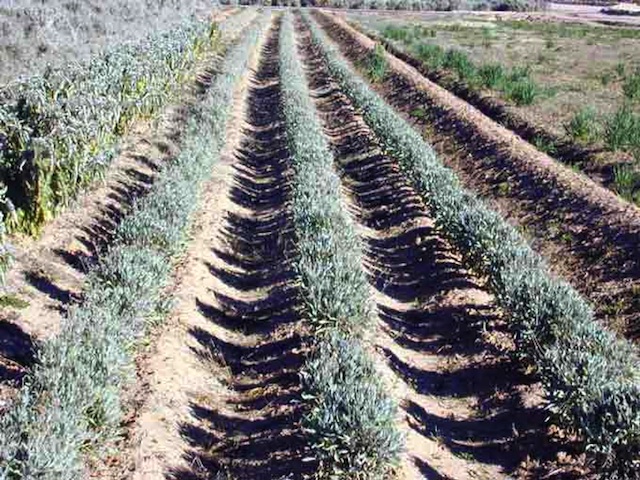
Tyremaker Bridgestone is looking at using a plant native to the southwestern United States as a renewable source of high quality natural rubber.
The perennial guayule shrub (pronounced why-u-lee) produces natural rubber in its bark and roots that is almost identical to the rubber from hevea trees, the primary source of rubber for tyres.
Bridgestone and its partners are setting up a pilot farm and research center in the US southwest to ultimately produce tyre-grade rubber in adequate quantities. Trial production should begin in 2015.
“This is such an exciting and innovative project,” said Bill Niaura, director of new business development for Bridgestone Americas.
“It will not only help our companies meet the growth in demand for natural rubber, but also constitutes a potential breakthrough for the rubber industry through its potential to develop a renewable resource for natural rubber that can be grown, harvested and processed closer to market.”
Bridgestone worked on a guayule research project with the US Department of Agriculture from 1988 to 1991, which focused on extracting rubber from guayule.
Producing commercial quantities of rubber from guayule will reduce the heavy reliance on hevea trees, which grow only in tropical climates close to the equator.
Guayule is native to desert climates and as such has a wider growing area.
